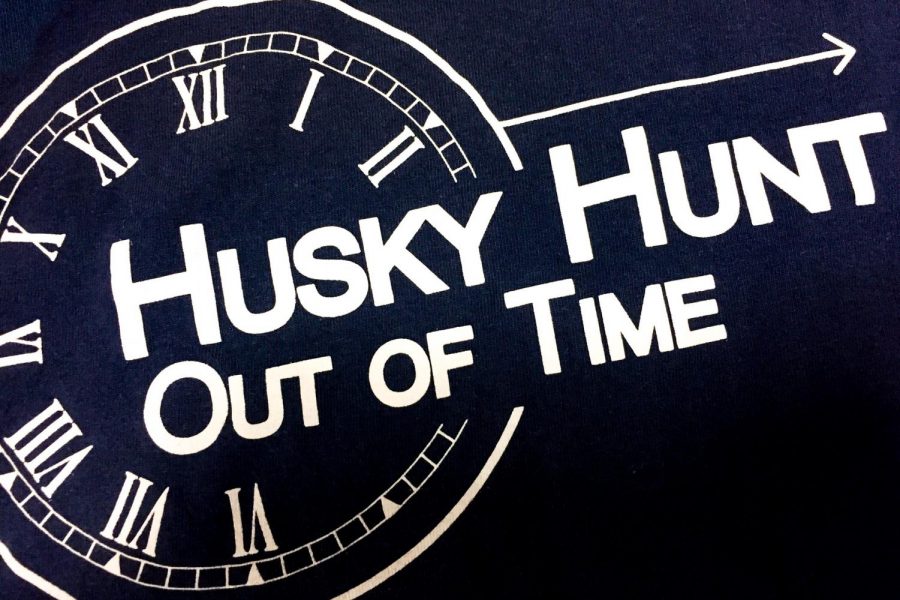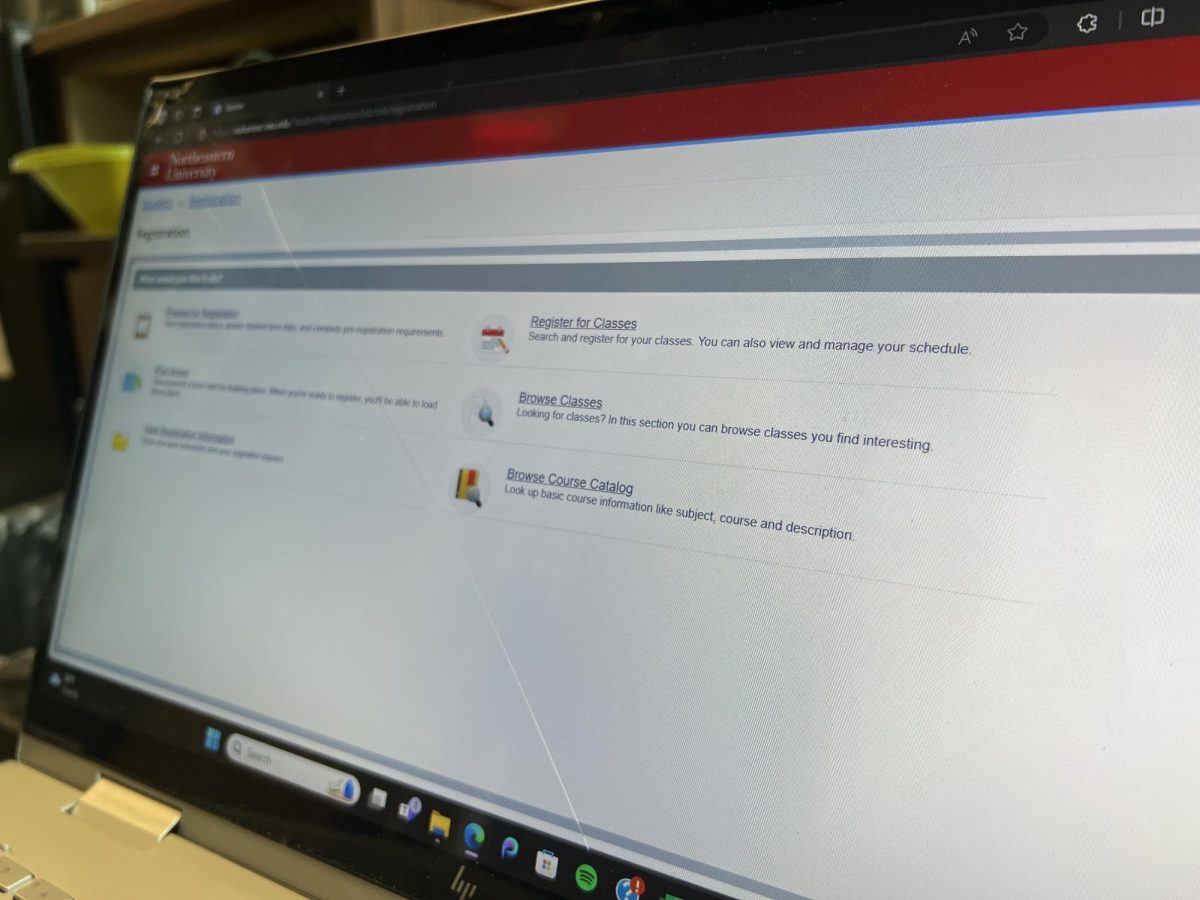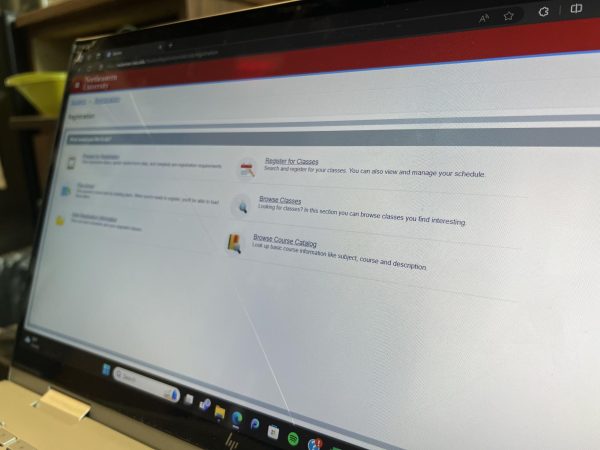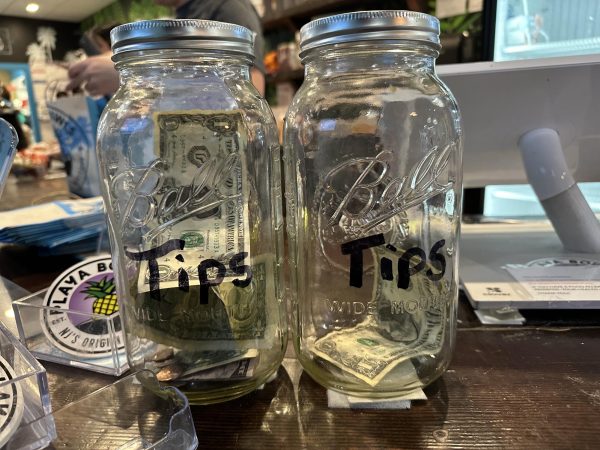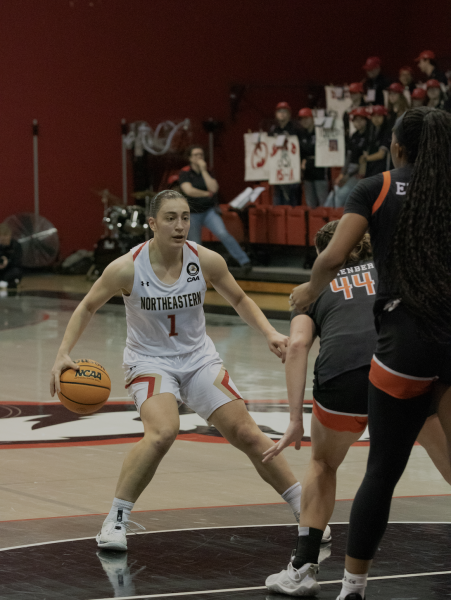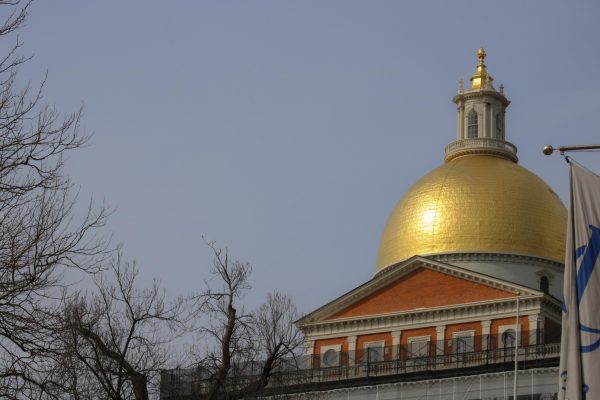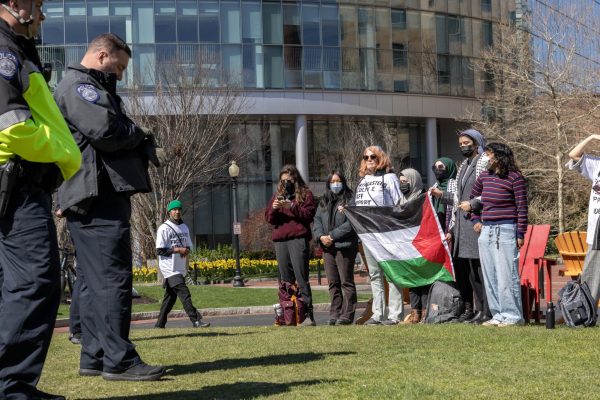RSA responds to concerns surrounding 2018 Husky Hunt challenges
The theme for the 2018 Husky Hunt, which took place in November, was “Out of Time.”
February 6, 2019
Video challenges written for Northeastern’s annual Husky Hunt, sponsored by the Resident Student Association, asked participants to film their team recreating culture-specific scenarios — including performing the ancient Chinese art of Peking opera. Several participating students considered these challenges inappropriate and culturally insensitive, and demanded change from RSA.
“Do they want us to do this in a mocking way? Are we supposed to be making fun of this? Or are we supposed to truly research the style of the singing and the style of the makeup and actually reenact it that way?” said Alice Ding, a fifth-year marketing and computer science major and one of the team captains of the 2018 Husky Hunt, which took place in November.
The competition is an annual 24-hour city-wide scavenger hunt and is considered a university tradition, according to Northeastern’s website. Each fall, 50 qualifying teams of 12 NU students race to complete a series of challenges which take participants throughout Greater Boston.
“The theme of this year’s Husky Hunt was time travel,” said CJ Lalime, a fifth-year marketing and management major and RSA president. “We had different time periods we focused on for an hour throughout the hunt.”
Ding’s team, consisting predominantly of Asian-American students, was made uncomfortable by video challenge 18. According to the sheet given to Husky Hunt participants, this challenge read: “Create a 30 [second] video of two of your group member[s] performing peking opera.” Peking is a proper noun synonymous with the Chinese capital Beijing — and should be capitalized. This challenge was created for the “Ancient China” aspect of the theme.
“When I saw [the challenge] during the actual hunt, right then and there I was like, ‘Oh, no, we’re not doing this,’” said Jenny Cheung, a fifth-year majoring in computer engineering, and a member of Ding’s Husky Hunt team. “ So we talked about it the next day, and said, ‘Yeah, we’re going to send an email out.’”
On Nov. 19, the morning after the event, she emailed Lalime directly, in addition to the RSA Husky Hunt email address and RSA’s advisor, Christina Alch. Of the challenges in question, Ding highlighted three specifically — recreating the music video to the song “Boney M.” by Rasputin, recreating the original Thanksgiving and performing Peking opera. All of these challenges put students in a position to imitate other cultures, Ding said.
“The make-up, the singing style and clothing all represent different aspects of Chinese culture and the idea of using them as a way of getting ahead in an American-based scavenger hunt felt wrong,” Ding said in her Nov. 19 email to RSA. “The thought of other students mimicking and trying to recreate this aspect of Chinese culture made many of us uncomfortable.”
The RSA’s response came nine days later, on Nov. 28. Concerned that RSA would not respond, Ding contacted other Northeastern officials in the interim, including Bob Jose, associate dean for Cultural, Residential and Spiritual life, and Delia Cheung Hom, who was director of the Asian American Center at the time.
“While our hope was that teams would do the research in order to respectfully complete these challenges, we now realize the impact that the challenges had,” Lalime said in his Nov. 28 reply to Ding, speaking on behalf of RSA. “We would like apologize for making you and your team members feel uncomfortable during the hunt.”
Lalime ended the email by stating that teams would not be penalized for not completing the highlighted video challenges. Ding said she and her team members did not consider RSA’s response proportionate to the mistake made.
“Their response was basically a brush-off, saying ‘Oh, I’m sorry. And also, by the way, since you brought this up, we won’t count those videos, as points if you didn’t complete them,’” Cheung said. “And that doesn’t necessarily solve the problem, because that means if no one had brought it up, you would still continue to do the same thing.”
Lalime said in the future, RSA intends to require more oversight for the challenges the Husky Hunt committee creates. Currently, no university approval is required for each specific challenge. In order to address the insensitivity which led to the creation of the challenges in the first place, Lalime said RSA is scheduled to complete a training with NU’s Social Justice Resource Center this semester. Additionally, Lalime said RSA hopes to expand the efforts of its Diversity and Inclusion Task Force, which is committed to expanding representation within the organization.
“We didn’t realize the impact the challenges would have, the intent with which we created them was vastly different from the impact that they had,” Lalime said.
However, Ding was not made aware of RSA’s intended actions. In a follow-up email sent to Lalime on Nov. 28, Ding again outlined her concerns about RSA, and her fear that nothing had changed.
“For us to have felt so weird to have these specific prompts, they just need to do better,” Ding said. “You shouldn’t be using your platform to perpetuate the foreign aspects of culture.”
Ding never received a response to her Nov. 28 follow-up email to RSA. Ding and Cheung said this lack of response left them pessimistic about the likelihood of the hunt being more inclusive in the future. However, Lalime said the lack of response was not due to apathy, but a desire to have actionable examples of how RSA intended to address Ding’s concerns.
“It wasn’t my intention to not respond,” Lalime said. “The initial email was delayed because of timing and wanting to make sure we addressed all of her concerns, because they are incredibly valid. I did not want to send the next email until I could say ‘We do hear all of your concerns. Here is my list of things we are doing to prevent this from happening in the future.’”
In the two months since Ding’s initial email, Lalime said RSA has been weighing the consequences of their actions on the students they intend on representing, and how scenarios like this could be avoided in the future.
“We didn’t necessarily see it coming, but once it was pointed out to us, we all felt the severity of our actions,” Lalime said. “There’s nothing worse than directly contradicting what we hope to do for residents on this campus and students in general.”


